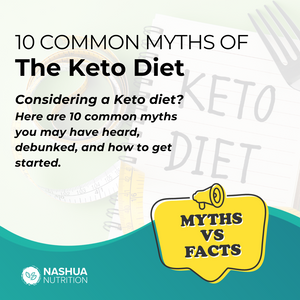Making the Decision to Receive Bariatric Surgery

Gaining weight didn't happen overnight and the things that caused the weight gain won't be eliminated once bariatric surgery has been performed — there will always be more work to do to stay healthy. Weight loss is a life-long process, even if you made the choice to receive a bariatric procedure. In order for bariatric surgery to be a success, you need to be willing to curb the habits that caused you to gain the weight in the first place.
Other eligibility factors
While obesity is the most common reason for bariatric procedures, you may be eligible if you're are at least 100 pounds overweight with a BMI of 40 or greater. If your BMI is greater than 35 and you have been diagnosed with diabetes, non-alcoholic fatty liver disease, sleep apnea, or upper respiratory disorders, you may also qualify for a procedure. People who have tried multiple weight loss treatments and/or diets without significant weight loss are also eligible, especially if their weight is causing other health concerns. In these cases, your health insurance may cover all or part of the cost of a bariatric procedure.
It's not a cure, it's a solution
Bariatric surgery is not a cure. It won't keep you from gaining weight in the future; only you can do that. While the choice for bariatric surgery is yours, it is never going to be a one-stop solution to weight gain. Once you have taken that first step, the rest of the journey is yours to travel. The only permanent cure for obesity is positive lifestyle changes that include a healthy diet, regular exercise, and plenty of rest.
Weight loss is still up to you
If you want to lose weight, most of the motivation and commitment comes from you. With the use of bariatric vitamins and meal replacements, you can begin to alter your diet to include healthier choices. Step by step, changing your diet and including more exercise are the methods you will use to gradually regain your health.
Healthy Dieting and Long-Term Results
As part of your healthy diet, you can include high-protein cereal, protein chips, and ostrim snacks. These foods will give you more of the nutrients you need without the extra calories. While bariatric surgery will allow you to shed unwanted pounds, you will still need to get the nutrients and vitamins your body requires to stay healthy. Meal replacements and bariatric vitamins will help. As the weight starts to come off and it is easier to exercise, becoming more active will also speed up the weight loss process.
Bariatric procedures are effective tools for individuals who want and need to lose weight, but they are not cures. If you have made the decision to have a life-saving procedure, then it is up to you to make sure it counts. Take control of your weight and follow your doctor's orders. Do what you need to do to be healthy!
- Nashua Nutrition









